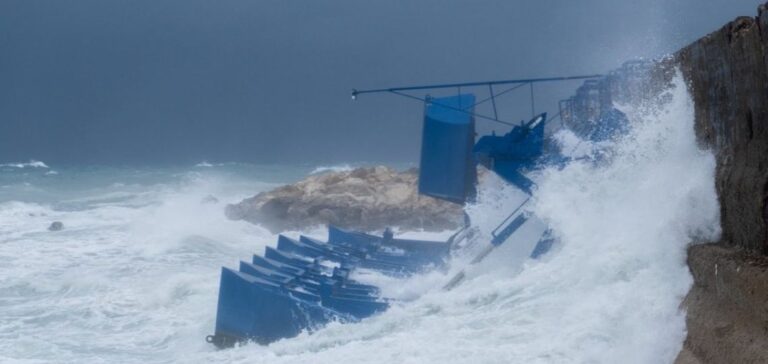India Energy Week 2025, which will take place from February 11 to 14 in New Delhi, will see the participation of Eco Wave Power Global AB publ (Nasdaq: WAVE). The company, specializing in hydropower energy, will use this event to showcase its innovative technology and formalize a strategic partnership with a Fortune 500 Indian company for a first pilot project in Maharashtra.
A step forward for hydropower energy integration in India
This partnership represents a significant milestone in harnessing wave energy potential in India. With a coastline of 7,516 km and a coastal population exceeding 250 million people, the country has considerable assets for developing this energy source. The agreement includes the installation of a first pilot project, paving the way for the potential integration of this technology into the national energy mix.
A key event for the energy sector
India Energy Week, organized under the patronage of the Ministry of Petroleum and Natural Gas of India, brings together major global energy players. The event, previously inaugurated by Prime Minister Narendra Modi, serves as a strategic platform for discussions on the future of energy in India.
Eco Wave Power will showcase a model of its hydropower energy generation system, allowing visitors to observe the functioning of its patented technology. This model has been specially transported to New Delhi for the occasion.
Strengthened presence in the Indian market
In parallel with India Energy Week, Eco Wave Power’s founder and CEO, Inna Braverman, will speak at the 9th Global Business Summit (GBS), scheduled for February 14-15. Organized by The Times Group, this event brings together influential figures from the business and policy world to discuss global economic and energy challenges.
Previous editions of the GBS have hosted personalities such as Bill Gates (Microsoft), Ray Dalio (Investor), and Dara Khosrowshahi (Uber). The 2025 edition, themed “Evolve, Emerge, Expand,” will focus on the growth prospects of renewable energies and their impact on global markets.






















